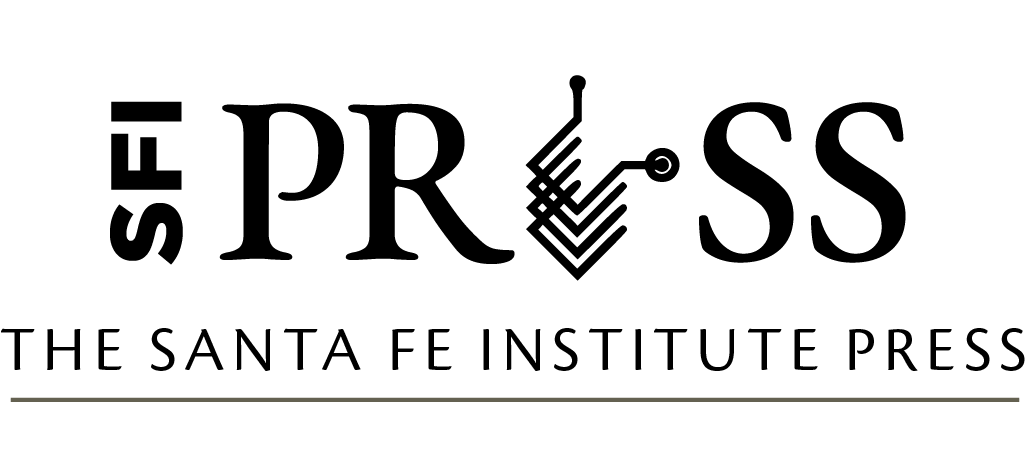Foundational Papers in Complexity Science pp. 2069–2095
DOI: 10.37911/9781947864559.67
Competing Technologies, Increasing Returns, and Lock-In
Author: Scott E. Page, University of Michigan, Ann Arbor; Santa Fe Institute
Excerpt
As measured by academic criteria, Brian Arthur’s pathbreaking and agenda-defining paper “Competing Technologies, Increasing Returns, and Lock-In by Historical Events” lies at the far end of the long tail. It has garnered over 13,000 citations, can be found on any number of syllabi in economics and business, receives deep engagement from leading scholars, and, most impressive, has spawned scores of extensions and elaborations.
It also brought attention to the prevalence of positive feedbacks in the economy. They arise in decision-making, investment strategies, network dynamics, and institutional designs. Systems with path dependence can have multiple attractors with different levels of efficiency, path dependence, which differs from sensitivity to initial conditions and therefore unpredictability. All are properties associated with the science of complexity.
In the paper, Arthur unpacks and communicates the then-unfamiliar logic of increasing returns in a model of technological choice. In doing so, he made conditional the prevailing economic logic that markets chose the best technology. He showed instead that history does matter, and how some paths may lock in to inferior technologies.
Bibliography
David, P. A. 1985. “Clio and the Economics of QWERTY.” American Economic Review 75 (2): 332–337. https://www.jstor.org/stable/1805621.
― . 1986. “Understanding the Economics of QWERTY: The Necessity of History.” In Economic History and the Modern Economist, edited by W. N. Parker, 30–49. Oxford, UK: Basil Blackwell.
